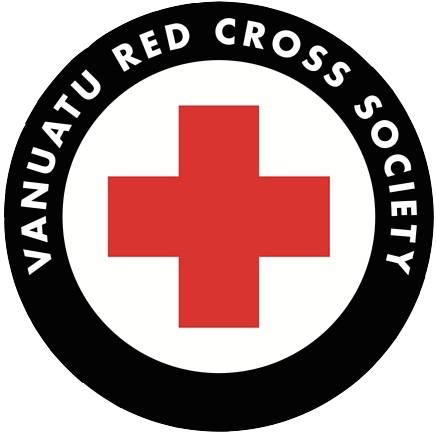Vanuatu Red Cross Society is a member of the International Red Cross Red Crescent Movement (the International Movement) with millions of members and volunteers operating in over 189 countries. The three components of the International Movement are the International Committee of the Red Cross (ICRC), 189 Red Cross Red Crescent National Societies, and the International Federation of Red Cross Red Crescent Societies (IFRC). The Movement's mission is to prevent or reduce human suffering, wherever it is found. Our Fundamental Principles guide us in this mission. There are three major components of the movement. These are:
International Committee of the Red Cross (ICRC)
ICRC is an impartial, neutral and independent organisation whose humanitarian mission is to protect the lives and dignity of victims of war and internal violence and to provide them with assistance. It directs and coordinates the international relief activities conducted by the Movement in situations of conflict. It also endeavours to prevent suffering by promoting and strengthening humanitarian law and universal humanitarian principles. Established in 1863, the ICRC is the origin of the International Red Cross and Red Crescent Movement.
International Federation of Red Cross Red Crescent Societies (IFRC)
The IFRC works to inspire, facilitate and promote all humanitarian activities carried out by its member National Societies. Founded in 1919 the IFRC directs and coordinates international assistance of the Movement to victims of natural and technological disasters, to refugees and in health emergencies. It acts as the official representative of its member societies in the international field. It promotes cooperation between National Societies and works to strengthen their capacity to carry out effective disaster preparedness, health and social programs.
National Societies
National Red Cross and Red Crescent Societies embody the work and principles of the International Red Cross and Red Crescent Movement in 189 countries. National Societies act as auxiliaries to the public authorities of their own countries in the humanitarian field, and provide a range of services including disaster relief, health and social programs. During wartime, National Societies assist the affected civilian population and support the army medical services where appropriate.

